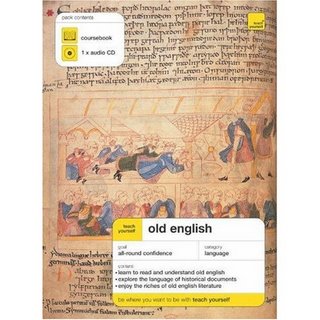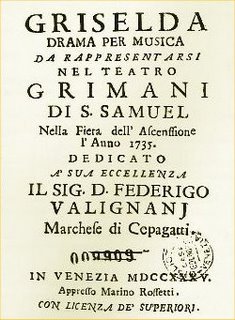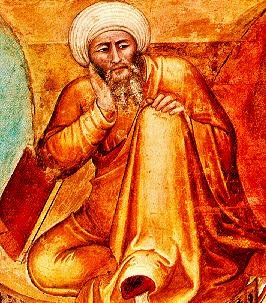
Everyday, directed by Annie Ryan and written by Michael West in collaboration with the company, is Corn Exchange's latest production. It runs in the Samuel Becket Theatre (Dublin) until 28th October. Anyone who saw their award-winning Dublin by Lamplight last year will certainly not have missed this production because they will have known to expect something special. Everyday is no exception. It is nothing short of a tour-de-force of theatre, with performances that stand out for their accomplishment and power. It follows the day in the life of a host of characters all trying their best to keep the frayed threads of their lives together. Despite the large number of characters, and the complex plots, you are immediately engrossed and completely involved. You care about each character, and find yourself laughing out loud uncontrollably one minute while the next being on the verge tears. The characters' lives interweave with great subtilty, à la Kieslowski (Trois Couleurs), almost touching each other, but with no one character having any overall sense of the big picture. And there is great playfulness too, with lots of meta-theatrical moments. One 'intertextual' moment stands out: Mark O'Halloran and Tom Murphy sit drinking cans of beer talking about their lives, how they got their girlfriends pregnant, and what they'll do next. It is a real Adam and Paul moment, full of artful resonance, clever and funny. It's a play about a changing Ireland, with Nadia, a Ukrainian immigrant working as a childminder and a waitress, dealing with the selfishness that Irish economic success has bred so virulently. Another wonderful moment, Aiden, the failed musician who cannot come to call himself an English-language teacher, introduces himself to Nadia and in a breakthrough moment, describes himself as a teacher. Her response is beautifully drawn by Louise Lewis, who you can just see reacts with a sense of respect for his profession, coming from another culture that still prizes the old-fashioned jobs. It is just one of the many very delicate moments in the play and is indicative overall of its great sensitivity and power. Go and see it.


